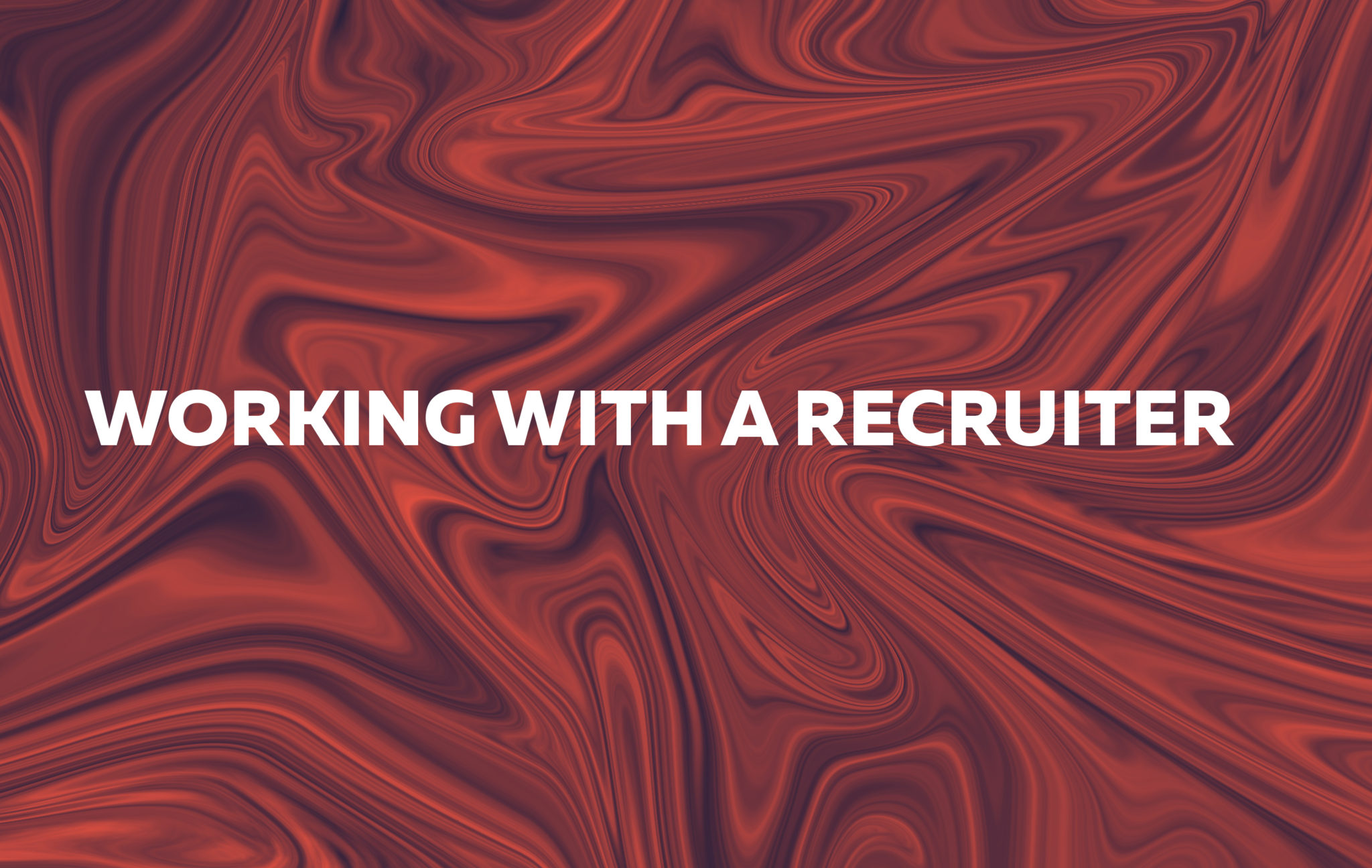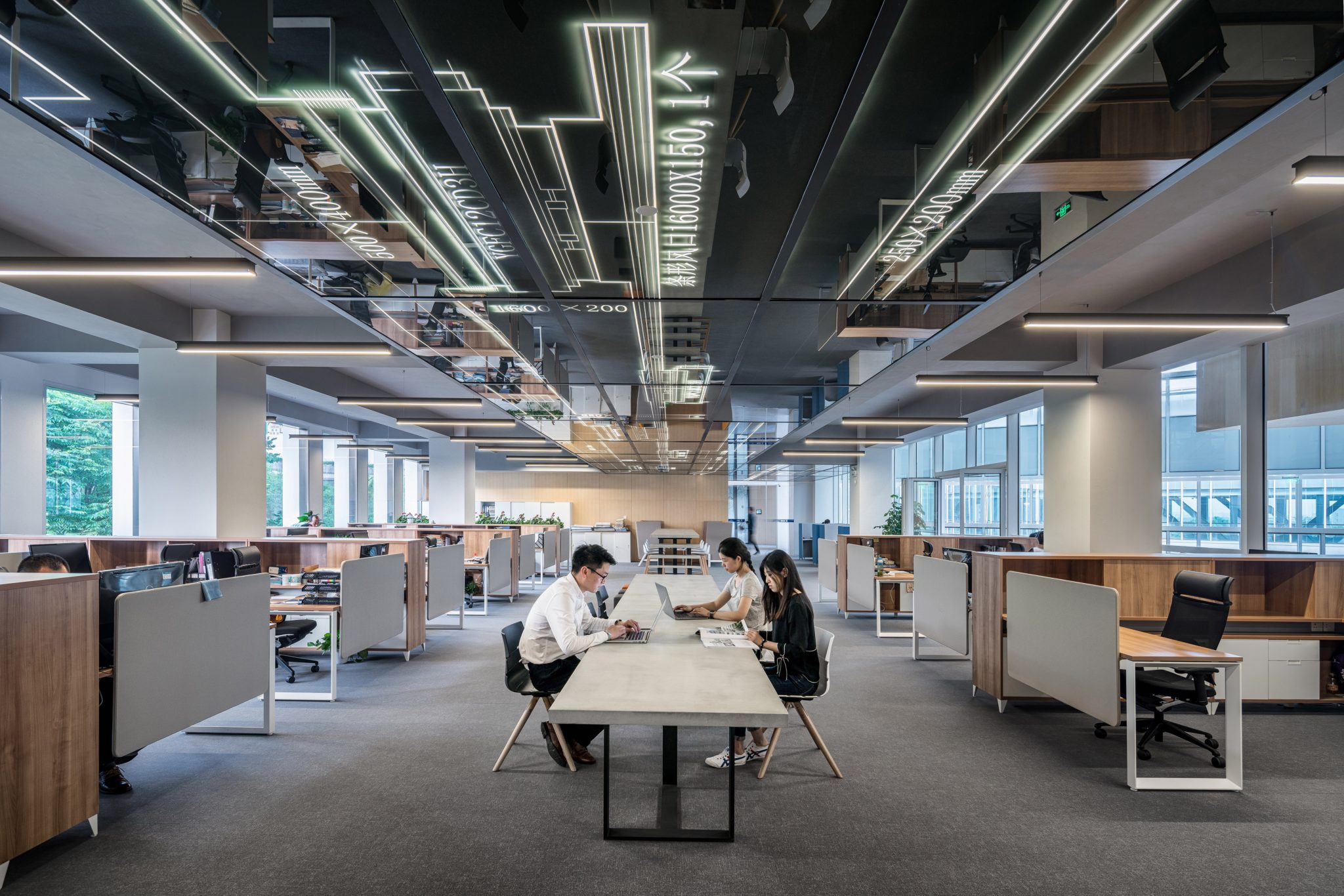Many people think of the interview as an opportunity for the employer to assess your fit with their organization, but it’s important to remember that this is also your opportunity to learn about the company as a potential employer. It’s an opportunity for both parties to get a ‘feel’ for each other and to decide if there’s a mutual fit. To help you capitalize on this opportunity, IT/IQ has assembled the following guide to effective interviewing.
Before the Interview
RESEARCH
Prior to your interview, make sure you have found out as much about the company and the position as possible. It’s common for interviewers to ask what you know about the company and why you would like to work there.
Put yourself in the hiring manager’s place and think about the questions that you would want answered if you were on the other side of the table – and then answer your own questions!
DRESS APPROPRIATELY
A good rule of thumb is to dress one level more professionally than the position would dictate. Make sure not to wear excessive perfume or cologne and don’t wear too much make-up. Strong scents and dramatic make-up can be very distracting.
PREPARE SCENARIOS
If you know the employer prefers behavioural-based interviews, review the position details and determine what key traits might be applicable. Take the time to think of specific circumstances where you have demonstrated those traits, and what the outcomes of each situation. Make sure the scenarios are relevant to the position in question and have outcomes in which you have provided some form of benefit.
ARRIVE EARLY
Plan your route to your interview ahead of time, and make sure to budget a little extra time. Plan to arrive ten minutes early to account for unforeseen delays in transit and to sign in if necessary. Being a few minutes early indicates eagerness, but any more that can indicate poor time management. If you do arrive with time to spare, get focused by reviewing your notes before checking in.
If you are going to be late, give your recruiter a call immediately to let them know the situation. Your recruiter can then update the interviewer and smooth over any bumps on your behalf.
PREPARE QUESTIONS
While you’re doing your research, take the time to formulate questions to ask your interviewer(s). In addition to clarifying the details that are most important to you, it will also demonstrate your interest in the opportunity and showcase your preparedness.
During the Interview
COMMUNICATION
Get to the point: speak clearly, calmly and succinctly. Try not to add tangential details, which can draw attention away from your actual response. When you’ve finished answering each question, confirm with the interviewer that you have thoroughly answered the question.
Also, remember to tailor your responses to your audience. Executives will seek different information than managers or HR personnel. In the case of group interviews, confirm that each stakeholder’s needs have been addressed before moving on.
ASK QUESTIONS
Remember that the interview is your opportunity to showcase yourself, but also an opportunity to learn more about the employer. Consider asking questions that will set the expectations early:
- What experience and expertise are you looking for from the successful candidate?
- Can you tell me more about the current (and upcoming) needs?
- What will the first tasks be for the successful candidate, and why?
- What deliverables will be expected 3, 6, and 12 months in? (if applicable)
For permanent employment and long-term contract opportunities, it is also very important to assess the fit with the team. Consider asking questions about the team culture and dynamics.
KNOW THE JOB DESCRIPTION
Be prepared to describe how you can meet or exceed each line of the job description, but be honest if you are unable to meet a specific requirement. Illustrate the steps you would take to address that shortfall if you faced a similar situation on the job (i.e. seek out assistance, research the answer).
POSITIVITY
Always make sure to speak positively about prior employers/colleagues. If you had a negative experience, take the high road and keep things professional.
If by the end of the interview you are interested in pursuing the role further, then make sure that your interviewer knows it. There’s nothing wrong with coming right out and saying that the opportunity sounds interesting and that you would be interested in exploring next steps! Every employer wants to hire people that want to be there!
After the Interview
Call Your Recruiter: Your recruiter can continue marketing your profile once you’ve left the building – and can even enhance your interview after the fact.
As soon as possible, call your recruiter to debrief! It’s important to explain areas where you felt strong, as well as the areas where you did not excel. If you realize that you could have answered a question better, explain your response to your recruiter, who can then convey your follow-up answer to the hiring manager – and also emphasize the points where you really excelled!
Remember, your recruiter is there to help you market yourself as effectively as possible, and help to improve your chances of a successful outcome! Check out some of our current opportunities now.



